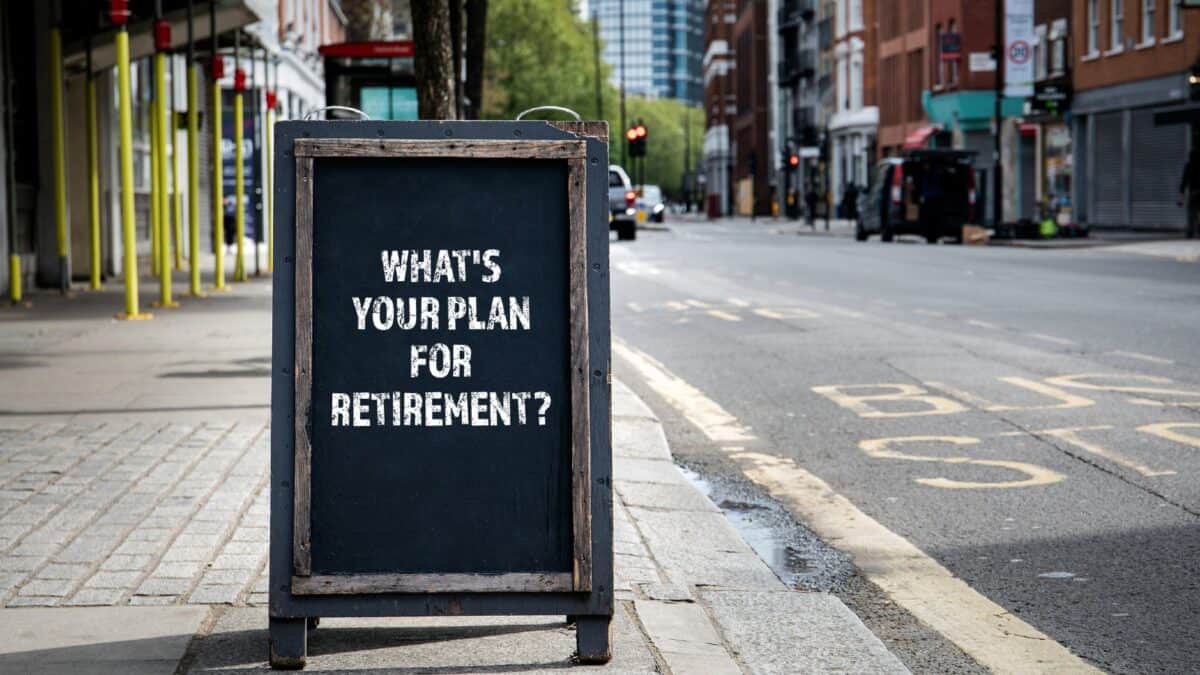Having no savings at 50 is obviously not an ideal situation to be in from a retirement perspective. However, it’s also not the end of the world. By acting quickly, there’s still time to build a sizeable savings pot to retire on. With that in mind, here’s what I’d do immediately if I had zero savings at 50.
The best accounts
The first thing I’d do is look into the best types of accounts to save into.
I’m not talking about simple high-interest savings accounts here. Instead, I’m talking about tax-efficient accounts that have been designed to help us all save for retirement. I’d want to pay as little tax as possible on my savings in the years ahead.
In the UK, there are several types of accounts that are really good for saving for retirement tax efficiently.
One is the Self-Invested Personal Pension (SIPP). With a SIPP, contributions come with tax relief. In simple terms, this means if a basic-rate taxpayer contributes £1,000 into the account, the government adds £250 on top. Meanwhile, any gains or income generated within the account are tax-free. On the downside, there are restrictions as to when the money can be accessed.
Another is the Stocks and Shares ISA. With this type of account, investors can contribute up to £20,000 per year, and all gains and income generated are tax-free. And money can be accessed at any time, which provides a lot of flexibility.
I’d open both types of accounts if I had no savings at 50.
The easy way to save
Once my accounts were open, I’d start saving into them. Now, at this stage of the process, I’d use a great little savings strategy called ‘paying yourself first’.
Instead of saving whatever I had leftover at the end of the month, I’d pay a portion of my salary into my accounts as soon as I got paid. By doing this, I’d make my financial goals the priority.
Investing for growth
Finally, I’d look to get my money working for me by investing it.
As for what I’d invest in, I’d direct a large proportion of my money towards the stock market.
The stock market can be volatile at times. However, over the long term, it has produced returns of around 7-10% a year, helping millions of people build wealth.
The stock market is the greatest wealth-creation machine of all time. Period. End of story. The stock market literally enables ordinary people, with ordinary incomes, in one generation to build extraordinary wealth for themselves.
Financial author Brian Feroldi
Now I’d look to get exposure to the stock market in three main ways.
First, I’d invest in some low-cost tracker funds designed to provide broad exposure to the market. An example here is the Vanguard FTSE Global All Cap Index, which provides exposure to about 7,000 stocks for a low annual fee. These would form a good foundation for my portfolio.
I’d then look to add some top-performing actively-managed funds such as Fundsmith, or the Fidelity Global Technology fund to my portfolio. These could potentially enhance my returns.
Finally, I’d look to add some high-quality individual stocks such as Amazon and Alphabet (Google) to my portfolio. These could potentially boost my returns further, helping me build a sizeable savings pot faster.
Please note that tax treatment depends on the individual circumstances of each client and may be subject to change in future. The content in this article is provided for information purposes only. It is not intended to be, neither does it constitute, any form of tax advice. Readers are responsible for carrying out their own due diligence and for obtaining professional advice before making any investment decisions.








